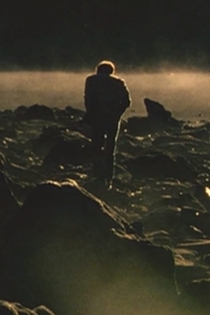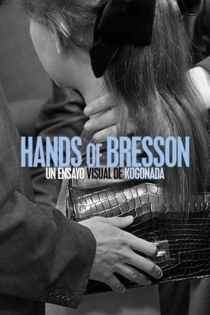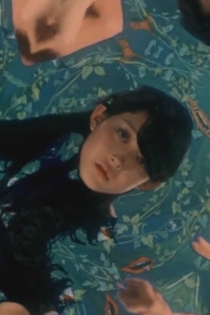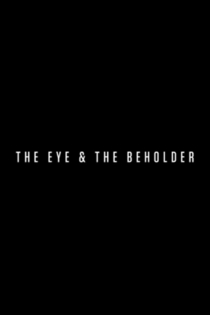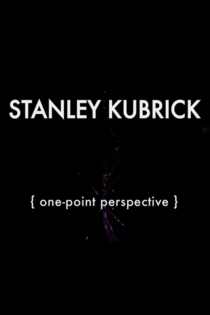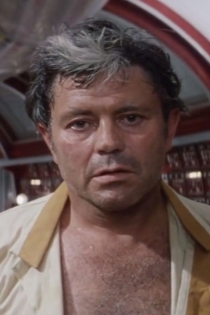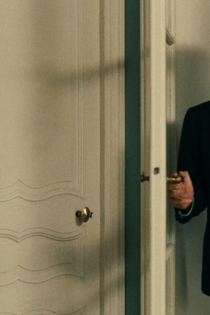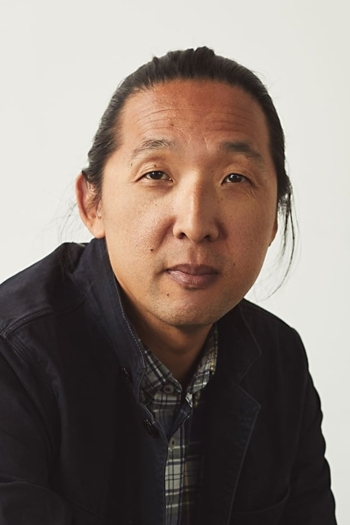
Kogonada
2021Pachinko
Justin Chon, Leanne Welham
Jeong In-ji, Soji Arai
Follow the hopes and dreams of four generations of a Korean immigrant family beginning with a forbidden love and crescendos into a sweeping saga that journeys between Korea, Japan and America to tell the unforgettable story of war and peace, love and loss, triumph and reckoning.
Pachinko
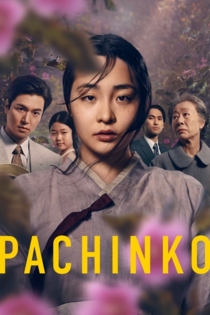
Linklater: On Cinema and Time
Kogonada
Julie Delpy, Richard Linklater
If cinema is the art of time, Linklater is one of its most thoughtful and engaged directors. Unlike other filmmakers identified as auteurs, Linklater’s distinction is not found on the surface of his films, in a visual style or signature shot, but rather in their DNA, as ongoing conversations with cinema, which is to say, with time itself. A visual essay produced by Sight and Sound.
Linklater: On Cinema and Time
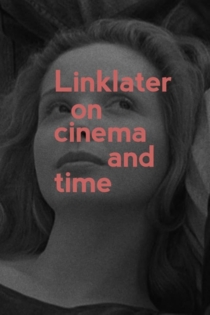
Columbus
Kogonada
John Cho, Haley Lu Richardson
When a renowned architecture scholar falls suddenly ill during a speaking tour, his son Jin finds himself stranded in Columbus, Indiana - a small Midwestern city celebrated for its many significant modernist buildings. Jin strikes up a friendship with Casey, a young architecture enthusiast who works at the local library.
Columbus
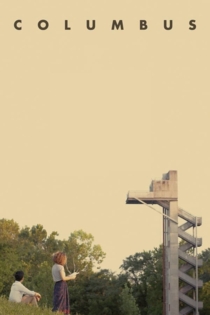
Restoring the Apu Trilogy
Kogonada
Mira Nair
In 1993, the original negatives of Satyajit Ray’s The Apu Trilogy were burned in a massive nitrate fire at a laboratory in London. Even though there were no technologies available at the time capable of fully restoring such badly damaged film elements, the Academy Film Archive held on to them. And now times have changed.
Restoring the Apu Trilogy
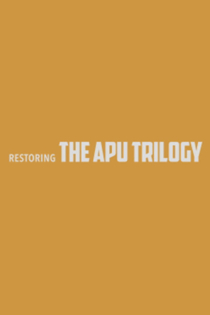
After Yang
Kogonada
Colin Farrell, Джоди Тернер-Смит
When his young daughter's beloved companion — an android named Yang — malfunctions, Jake searches for a way to repair him. In the process, Jake discovers the life that has been passing in front of him, reconnecting with his wife and daughter across a distance he didn't know was there.
After Yang
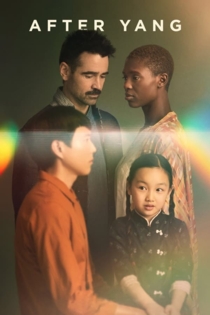
Eyes of Hitchcock
Kogonada
When characters stare at the camera in the films of Alfred Hitchcock, the look is almost always associated with the threat of death (through the eyes of a victim, a murderer, a witness). This momentary suspension between death and life is partly what makes Hitchcock the indisputable master of suspense.
Eyes of Hitchcock
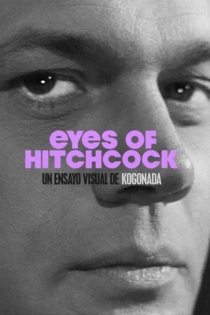
What Is Neorealism?
Kogonada
Filmmaker Kogonada unpicks what defines the Golden Age of Italian cinema with a side-by-side comparison of two edits of the same film, one according to Italian director Vittorio De Sica, and the other according to Hollywood producer David O. Selznick.
What Is Neorealism?
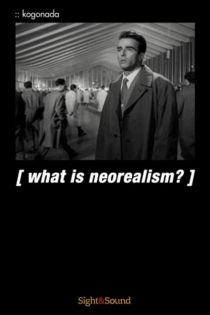
Godard in Fragments
Kogonada
In the 1960s, pioneering French New Wave filmmaker Jean-Luc Godard introduced the world to a new cinematic lexicon, generated from his innovative, auteurist style. Between 1960 and 1967 alone, he made fifteen features (beginning with his groundbreaking début, Breathless)—and it’s this period that regular Criterion Collection contributor Kogonada explores in a new video essay highlighting the iconic director’s signature themes and devices.
Godard in Fragments
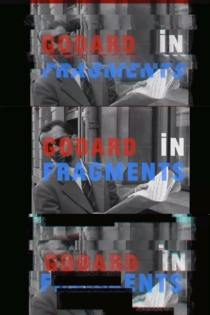
The World According to Koreeda Hirokazu
Kogonada
The cinema of Koreeda Hirokazu is defined by moments of everyday life. Whatever potential there is for heightened drama – the suicide of a husband, a cult massacre, abandoned children – it is diffused by the familiar rhythms of everydayness. This attention to the everyday must be understood within the context of death, which plays a significant role in all of Koreeda’s films. It is death that deepens our sense of life and makes even the most mundane moment seem profound.
The World According to Koreeda Hirokazu
